A Christendom education
blends knowledge and context for a unified approach to learning.
What is a classical curriculum?
The classical approach to education takes as a starting point the fact that man was created in the image and likeness of God.
Since then, humankind has been seeking the divine — not only in the realm of theology, but in art, math, science and literature. Humans have been rooting around for the true, good, and beautiful since our earliest days. Occasionally we have found it and often we have fallen short. A classical curriculum explores man’s search for the transcendent.
Each of us is an heir to all the knowledge, wisdom, and beauty mankind has amassed since civilization’s dawn. Classical education introduces students to it and gives them the tools to become full participants in it throughout their lives.
Because we live here, now, today, our focus centers on those foundations of Western society: particularly our Hebrew, Roman, and Greek ancestors, and their contributions to our current American and Christian civilizations.
For much more on the classical approach, please see The Educational Plan of St. Jerome Classical School.
What is the liberal arts tradition?
The liberal arts are a body of knowledge worth knowing for a complete and happy life.
They take their name from the Latin word liber, meaning free. A better name for this educational tradition might be “the arts of liberty.” What is it that we must know in order to be free people?
Traditionally, this body included seven fields: logic, grammar, rhetoric, arithmetic, music, geometry and astronomy. In classical times, these represented the fullness of human knowledge which would give the learner a full understanding of humanity’s place in the universe, their own place in humanity, and how to become prudent in human affairs. Sometimes this tradition is called “the humanities” or “humane letters” for this reason.
In short, the liberal arts tradition is a canon of works that teaches a certain attitude toward knowledge, freedom, and virtue. Will a liberal arts education “make” our kids virtuous? No. But it will prepare their hearts for the acceptance of virtue.
For much more on the classical approach, please see The Arts of Liberty by Dr. Matthew T. Mehan.
What are the Great Books?
The Christendom Curriculum is steeped in wonder. At the heart of this curriculum are the Great Books, the original works of the greatest minds in our tradition. Introducing students to the Great Books allows students to explore the workings of the natural world, to consider the most profound realities about the human person, and to contemplate the greatest mysteries of God Himself.
Dr. Mortimer Adler spoke of three key criteria for including a book on the “great books” list: the book has contemporary significance; that is, it has relevance to the problems and issues of our times; the book is inexhaustible — it can be read again and again with benefit; the book is relevant to a large number of great ideas and great issues that have occupied the minds of thinking individuals for the last 25 centuries. In his book The Six Great Ideas, Dr. Adler identified truth, goodness, beauty, justice, liberty, and equality as key among the ideas that have characterized the great works of the Western tradition. We propose a school that will encourage students, throughout their course of study, to return to those great ideas and works that have shaped the culture in which we live and have the power to shape our understanding of ourselves and the human condition.
Seven Pedagogical Foundations
1) Language (Trivium - Grammar, Logic, & Rhetoric)
2) Number (Quadrivium - Arithmetic, Geometry, Music, & Astronomy)
3) Memory
4) Imagination
5) Imitation
6) Integration
7) Inquiry
For more on our pedagogical approach, please see To Lead a Child: On Reclaiming a Human Pedagogy by Elisabeth Sullivan, Executive Director of the Institute for Catholic Liberal Education.
High School Curriculum
We are excited to announce that we are adding a 9th grade class for the 2023-24 school year. The 9th grade offering provides a natural extension of our K-8 education, building on a solid foundation of grammar, logic, and rhetoric.
Science & Math Curriculum: Through their science classes, students will deepen their wonder at the unbelievable beauty and order of the natural world. Through their math classes, students will learn to balance speed and math fluency with complex mathematical thinking.
Humanities Curriculum: As they study Latin, history, and literature in their integrated humanities classes, students will immerse their minds and hearts in the great works of Western civilization. Along the way, they will learn to write insightful, persuasive essays which move the heart, enlighten the mind, and draw others to the truth. Most importantly, in their philosophy and theology classes, students will be invited to deepen their faith in Christ and learn to give a reasoned defense for the hope that lies within them (1 Peter 3:15).
In short: Through each course and conversation, and especially in high school, Christendom students will grow dramatically in their ability to
Think critically and creatively
Write with eloquence and persuasion
Listen with wisdom and patience
Speak with conviction and clarity and
Pursue all learning with dedication and excellence





